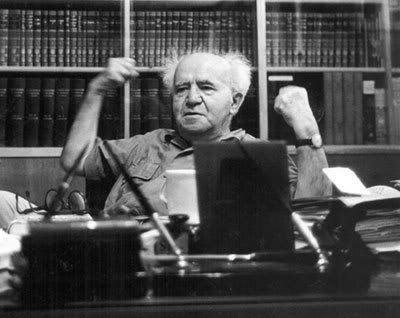To me, the Web 2.0 video is quite empowering and it is apparent that this was the author's intent. As they go through and explain the changes in printed language, from linear and hand-written to structured HTML and finally to the everyman's XML, it is clear that the author wished to convey all the ways in which discussions were changing. It is interesting, then, to note how this has altered our perception of the online community. YouTube and other social sites are often used by our generation for entertainment purposes, primarily. But it can be seen that these venues may also offer more concrete and important features. Video can give more explanation than mere text, and even sites like Facebook can be used for business purposes. Therefore, the mindful web generations should work to further these means and more thoroughly implement them for the most scholarly uses. Case in point, even the President of the United States posts addresses to the public on these sorts of sites on a regular basis.
Another interesting facet of Web 2.0 is the increase of globalization. Since anyone can now log on to the internet and converse with other webizens from across the world in a matter of seconds. Countries no longer discuss on a purely government-to-government level. Like the video states, "We'll have to rethink identity/ethics/...rhetoric/governance/...commerce." This new form of instant communication has many implications we don't realize at first glance. These are important matters, things that need to be discussed, and not just by my fellow forum-goers and members of the blogosphere. With all these different ideas and opinions flying at each other faster than the blink of an eye, our world is changing rapidly and those who are in positions of power need to step up, accept the change, and re-evaluate many of the things we took for granted for so many years.
